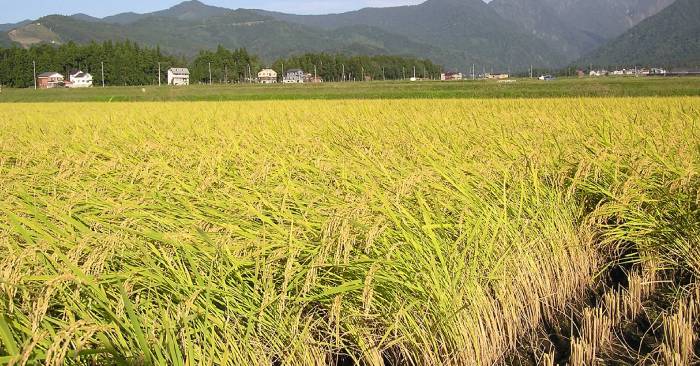Paddy Transplantation in Six Punjab Districts to Begin June 11

Paddy transplantation will commence in six districts of Punjab—Muktsar, Faridkot, Bathinda, Mansa, Fazilka, and Ferozepur—starting June 11. These districts, primarily reliant on canal water for irrigation, will begin the process earlier than the remaining 17 districts. The latter, which include Moga, Sangrur, Malerkotla, Barnala, Patiala, Fatehgarh Sahib, Mohali, Ropar, Ludhiana, Kapurthala, Jalandhar, Hoshiarpur, Nawanshahr, Tarn Taran, Amritsar, Pathankot, and Gurdaspur, depend on tubewell water for irrigation and will start transplantation from June 20.
The Punjab agriculture department has issued this schedule following recommendations from Punjab Agricultural University (PAU), Ludhiana. Initially, PAU had proposed paddy sowing between June 18 and 24. However, the sowing schedule was advanced by a week.
The staggered cultivation approach aims to conserve groundwater and ensure an uninterrupted 8-hour power supply to over 14 lakh tubewells serving 35 lakh hectares (88 lakh acres) of agricultural land. According to PAU’s findings, from 1998 to 2018, Punjab’s water table has been declining at an average rate of 0.53 meters annually, with some central districts experiencing a drop of more than 1 meter per year.
To address the falling water levels, the Punjab Preservation of Subsoil Water Act was enacted in 2009, mandating delayed paddy sowing beyond June 10 and May 10 for nursery establishment. The act was later revised to May 15 for nurseries and June 15 for transplanting, which did not adversely affect yields. Record yields were noted in 2016 and 2017.
PAU Vice-Chancellor SS Gosal emphasized that farmers need not worry about advancing transplantation, given the availability of short-duration paddy varieties such as PR 116, 124, and 132, which mature in 130 days. PAU has distributed 22,000 quintals of these seeds, covering 27.5 lakh acres. These varieties can also be transplanted in early July, coinciding with the monsoon.
The Punjab government has encouraged paddy sowing using the direct-seeded rice (DSR) method from May 15, which is cost-effective and suitable given the labor shortage. Director of Agriculture Jaswant Singh noted that farmers are increasingly adopting this method for its benefits.






